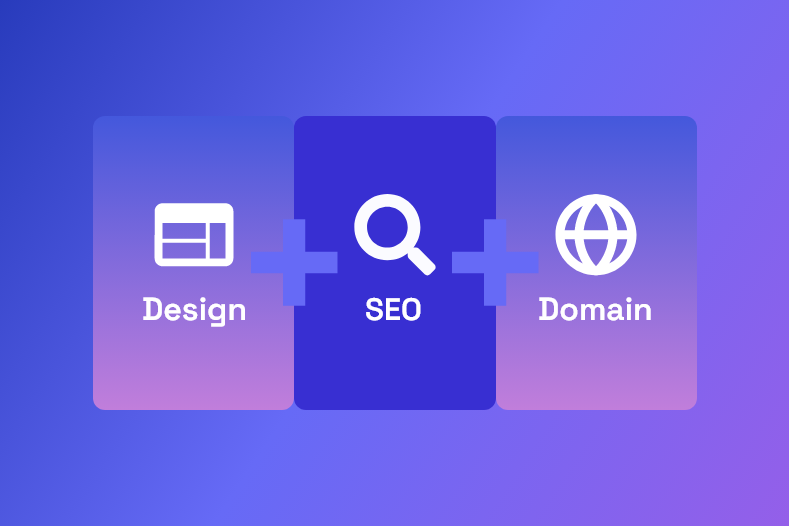 Chrisa
Chrisa
 Chrisa
Chrisa

Keyword research is the process of identifying the keywords and phrases that your target audience is using to search for products or services like yours. By conducting keyword research, you can identify the high-traffic, low-competition keywords you should target on your website. This can help you attract more relevant traffic and improve your website's visibility in search results. To do so, you can use tools like Google Keyword Planner or Ahrefs to find relevant keywords and phrases.

The domain name is the online identity of your small business. It is the first thing your potential customers will see, so it is essential to choose a domain name that is easy to remember, pronounce, and spell. A good domain name should also reflect your business’s brand, be unique, and differentiate you from your competitors.
Here are some tips to help you choose a domain name: